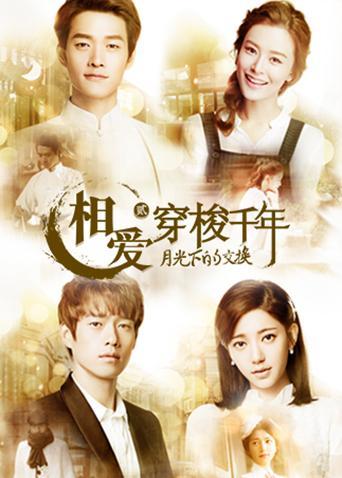日本人成We only know the end of the story...and that's just the beginning.

日本人成We only know the end of the story...and that's just the beginning.

回复 :纪录片围绕教皇方济各的经历展开。从他对穷人和财富不平等点切入,到他对环境问题和社会正义的参与等一系列事件来展现教皇方济各的方方面面。影片由焦点影业打造。
回复 :本片讲述了一个从小生长在老城区小吃店但痞气十足的女孩和一个出生优渥且自命不凡的白富美校花,因为一次意外事件,让原本截然不同的人生进行了交换。她们互相嫌弃,却又不得不承载着对方的身躯前行。在一次又一次的矛盾和嬉闹中,从针锋相对到心照不宣;在互换人生的冒险之旅中,明白了什么叫帮助他人才能成就自己!最终实现了各自的梦想,获得了校花桂冠,一起传承了祖辈的文化精髓。更重要的是,认识了不一样的自己,实现了成长和蜕变!影片结合了具有闽南特色的南音文化,以古朴大社、嘉庚式建筑和百年古厝作为主要场景,浓缩了闽南人坚韧、开朗、沉稳、豁达的性格,成为阐述女主人公性格特征的一个巧妙注脚,给故事发展带来铺垫。观众可以跟随故事追寻闽南古老的印记,“不经意”间会发现淳朴的美丽、宁静和韵味,让人向往不已。影片用最接地气的方式让年轻人在欣赏充满奇幻色彩故事的同时,能够领略到中国传统文化的魅力。
回复 :梵文、中文叫莲花生大士,藏语叫咕汝仁波切,密宗和藏传佛教的奠基者,还有可能是量子物理的创立者。我们沿着喜马拉雅山追寻他的踪迹(从巴基斯坦、印度、尼泊尔到不丹、中国西部)攀登他穿越的山峰,寻找他展现佛法的神圣湖泊,潜入他密宗修行的神秘洞穴,我们的探险队要去证明,是否传说中的一切真实存在。我们试图去挖掘隐藏在八个化身背后的含义,以及它们所代表的八个量子能量。它们可能是根植于神秘咒语中的密码,也许是穿越在平行宇宙间的量子通讯,还有足以改变物质的光能量,和储藏在宇宙空间中的知识。在这次旅途中我们寻求大喇嘛的佛学智慧,学者们的潜心研究,技术革新者的科学性揭示,探索人类意念如何把负面力量转变为正面能量。意识的力量是无限的,如果我们能够释放它,但是我们为什么不能做到?你想知道答案吗?加入我们的旅途吧。



